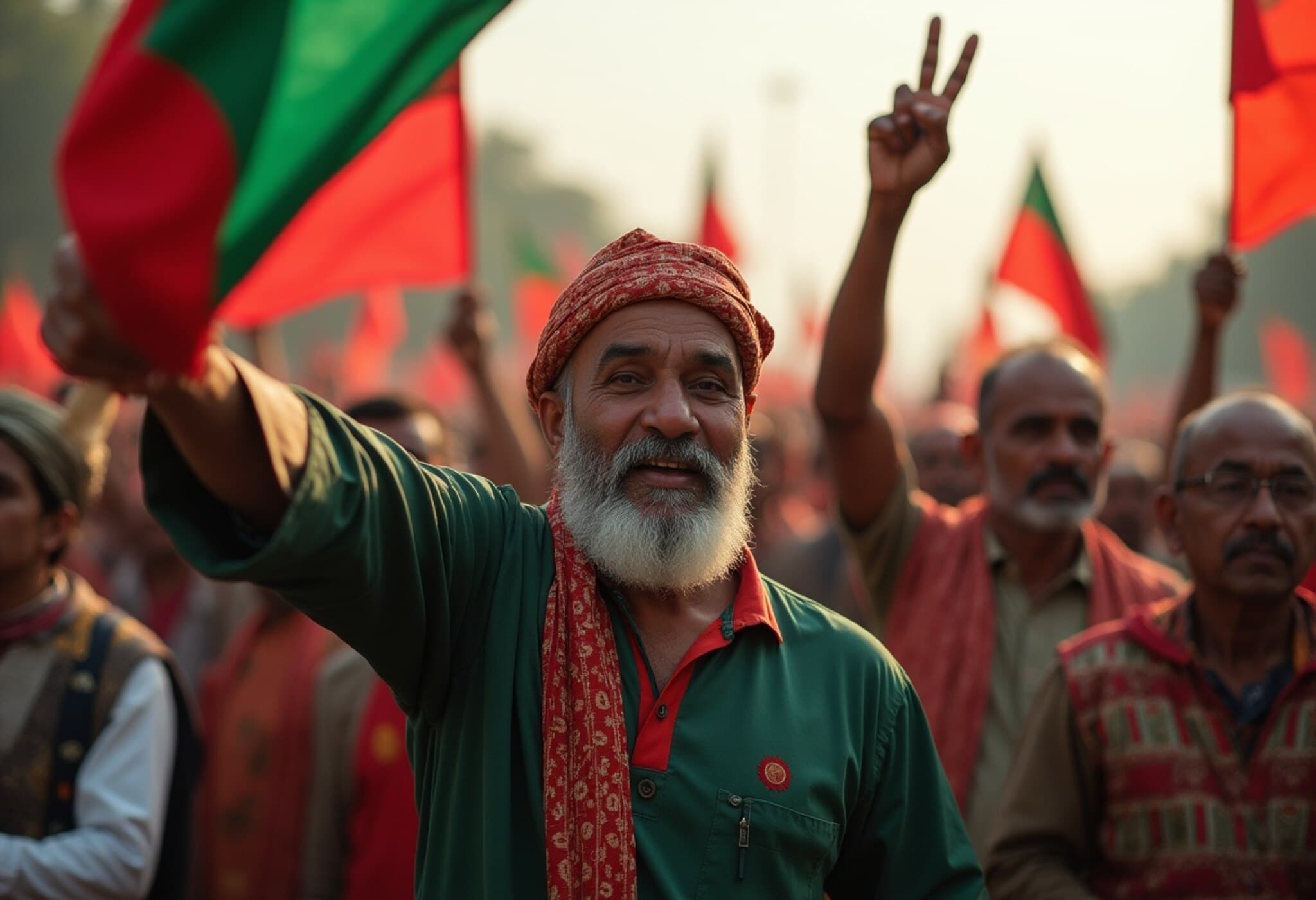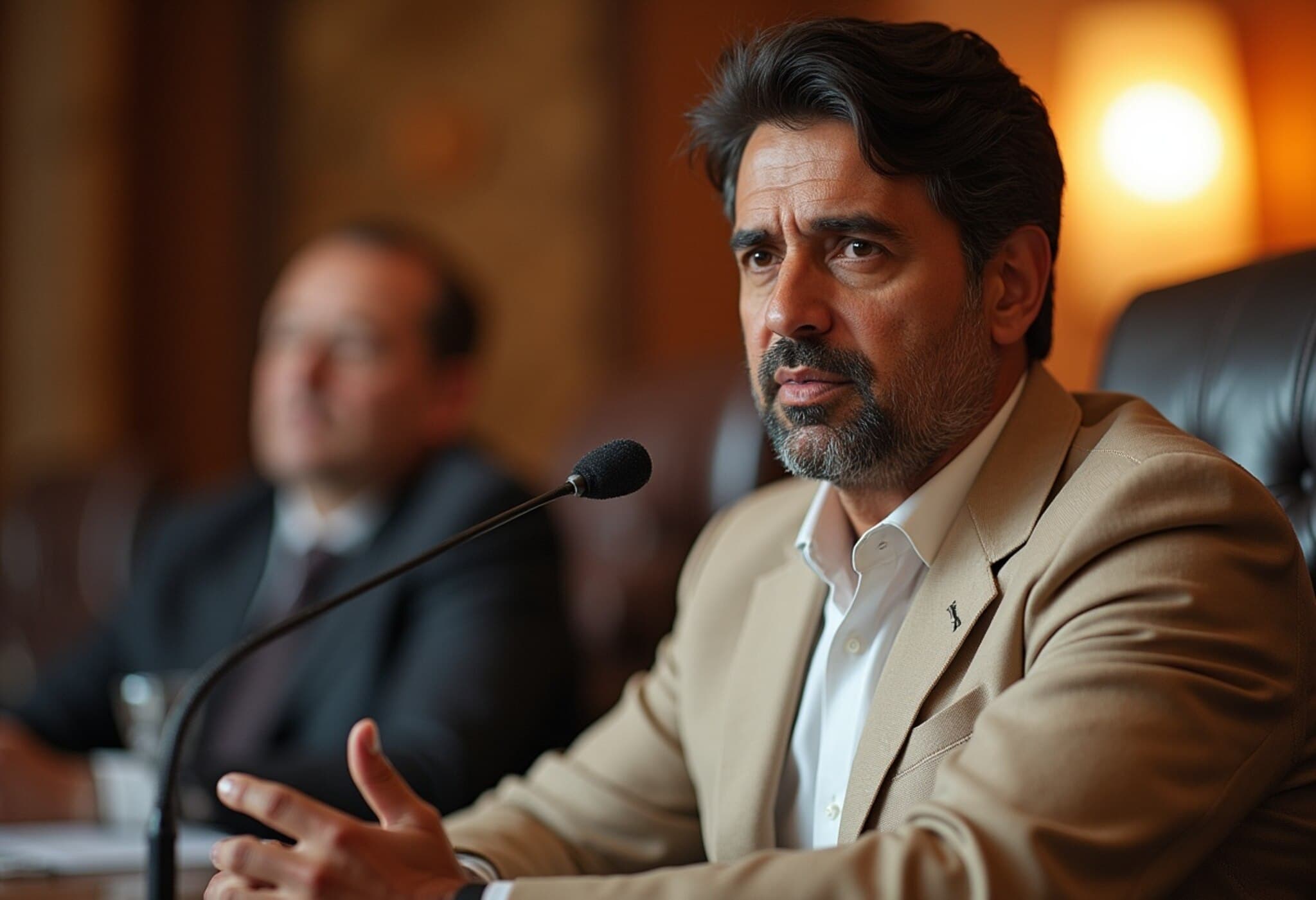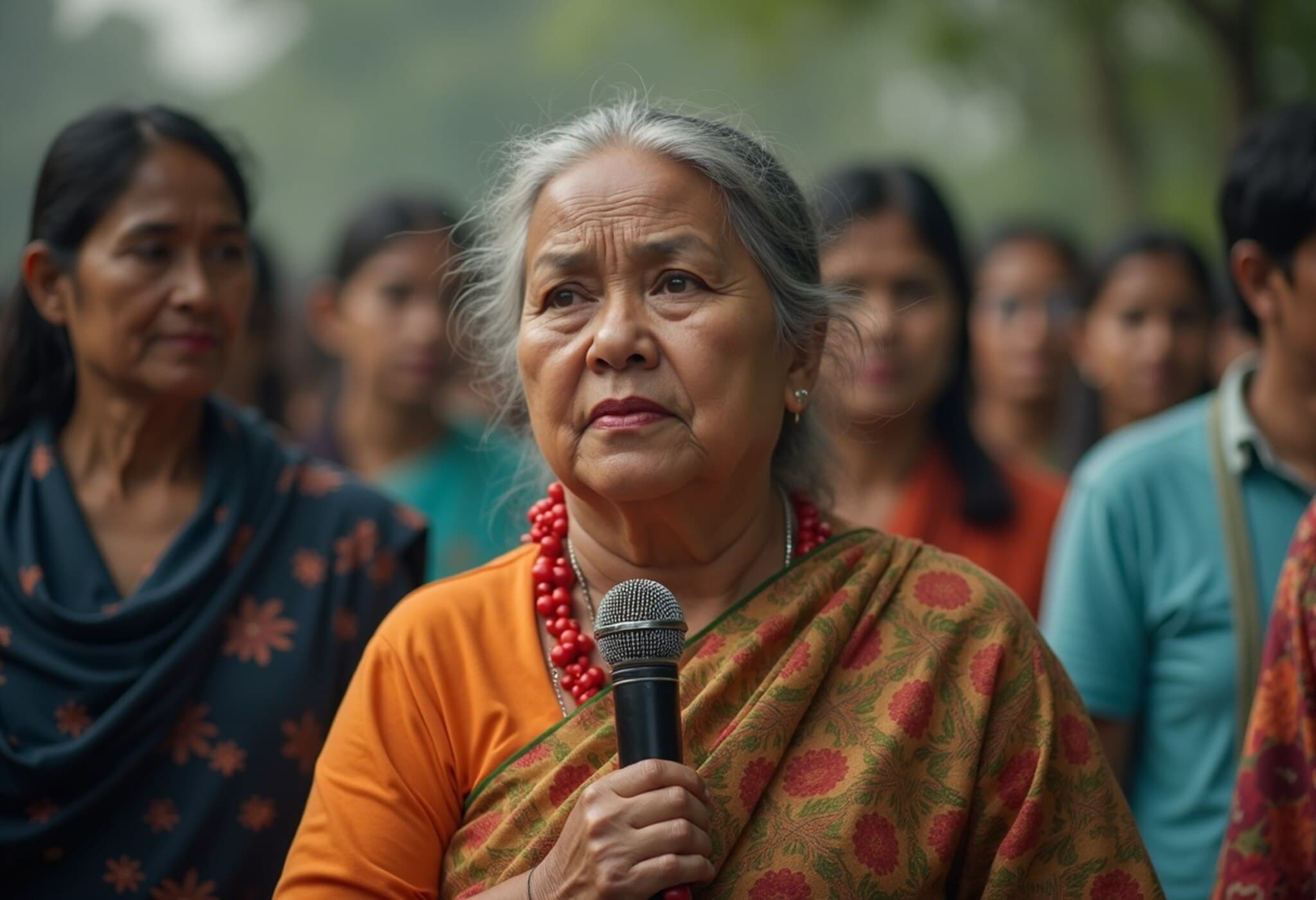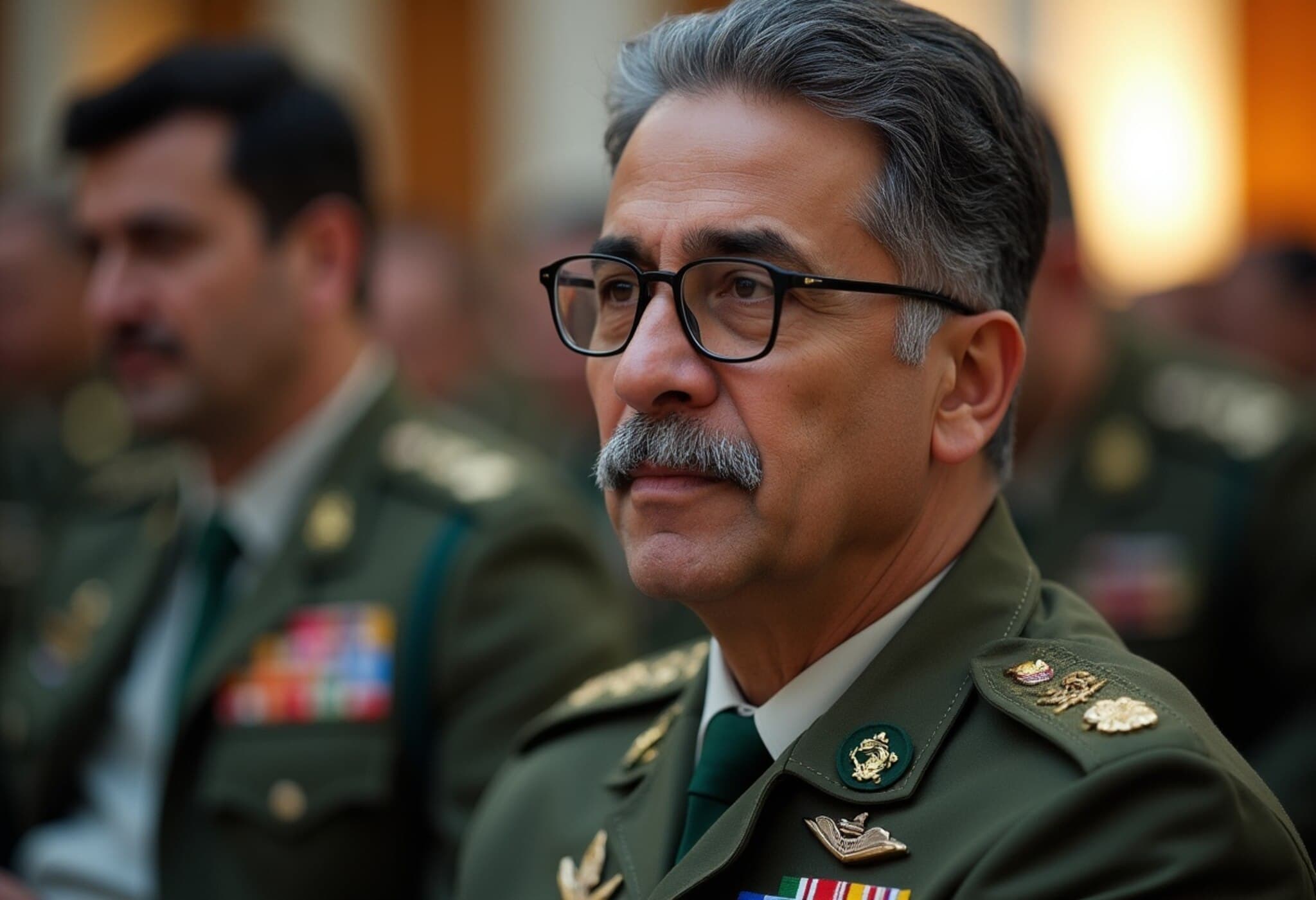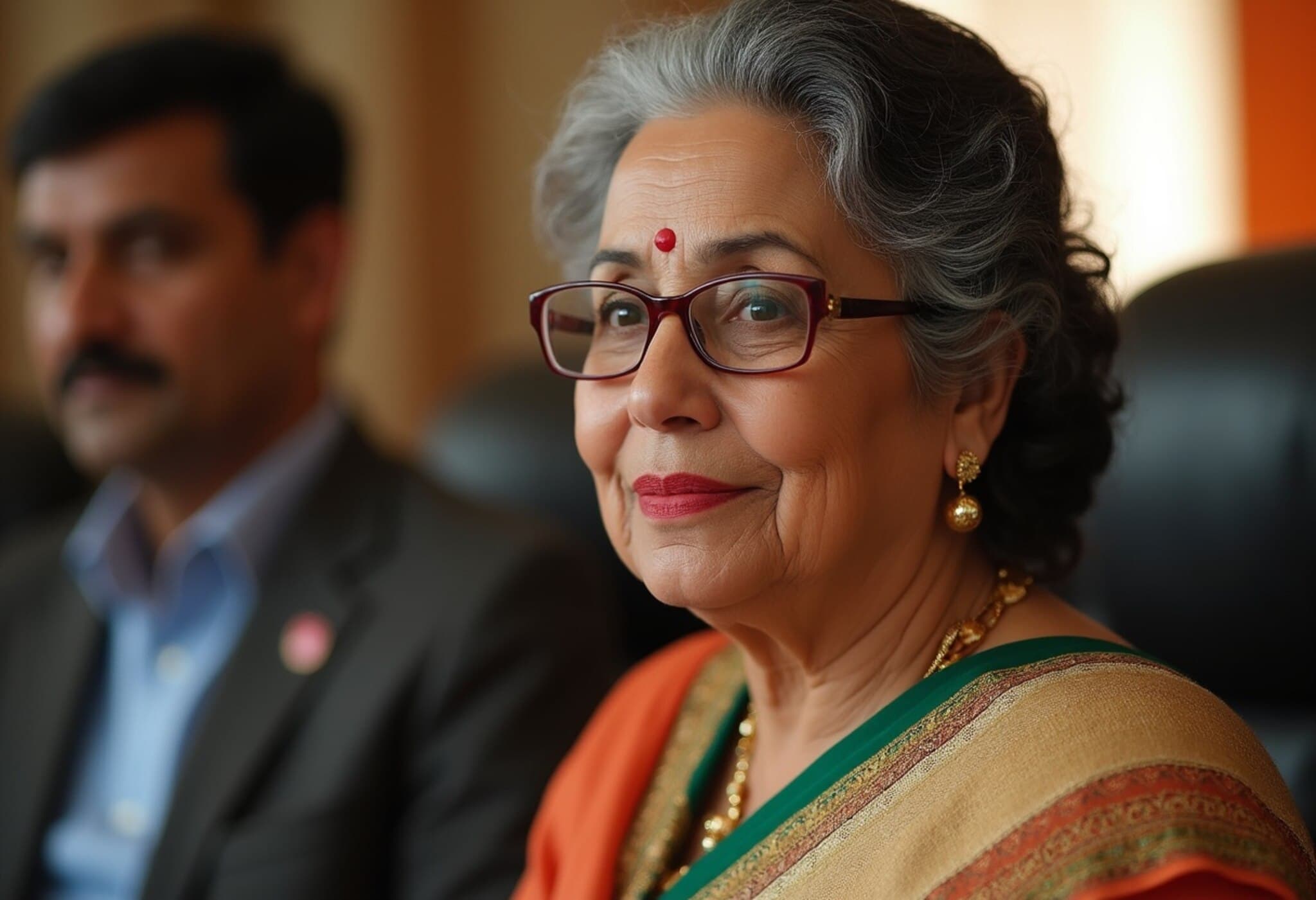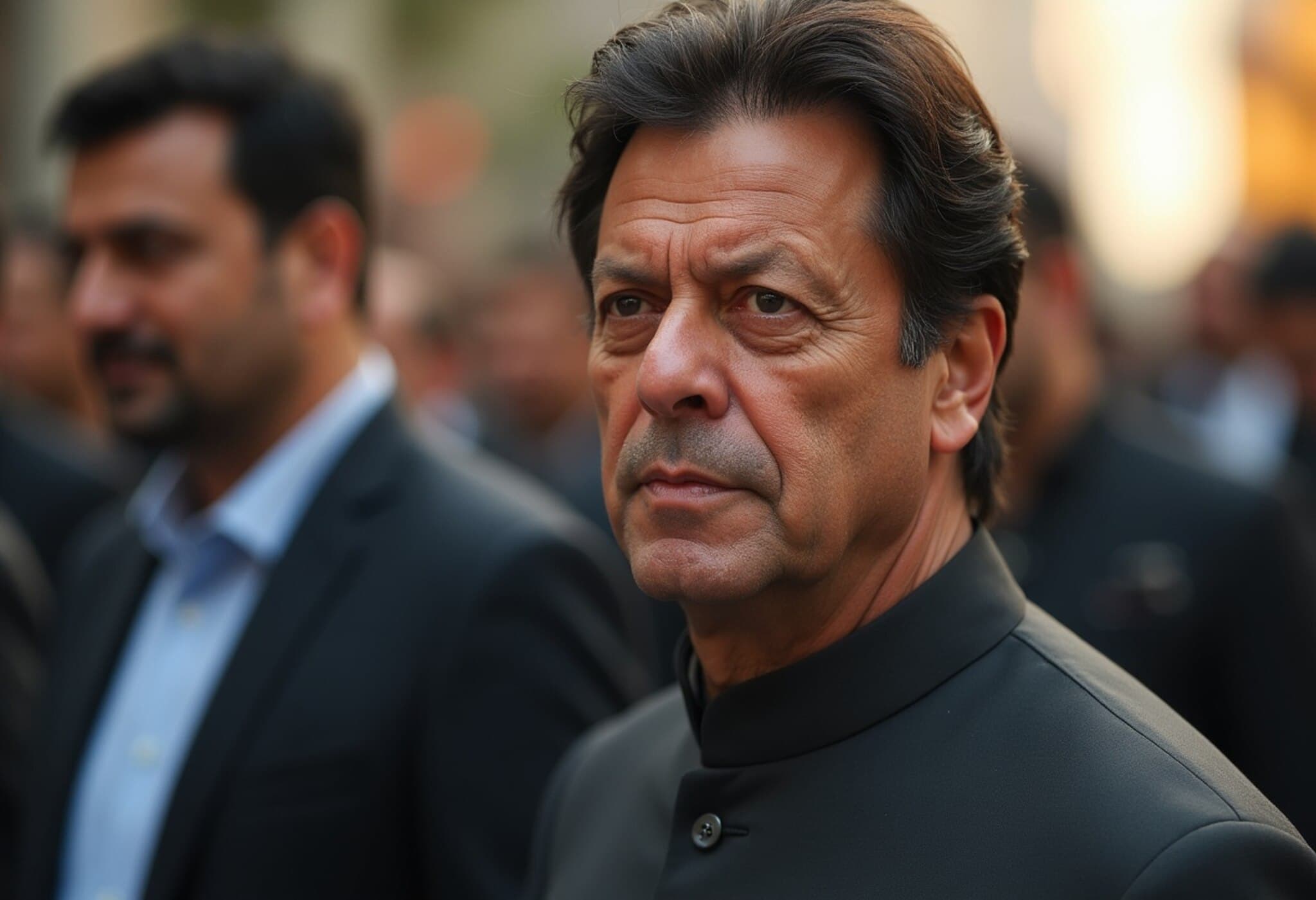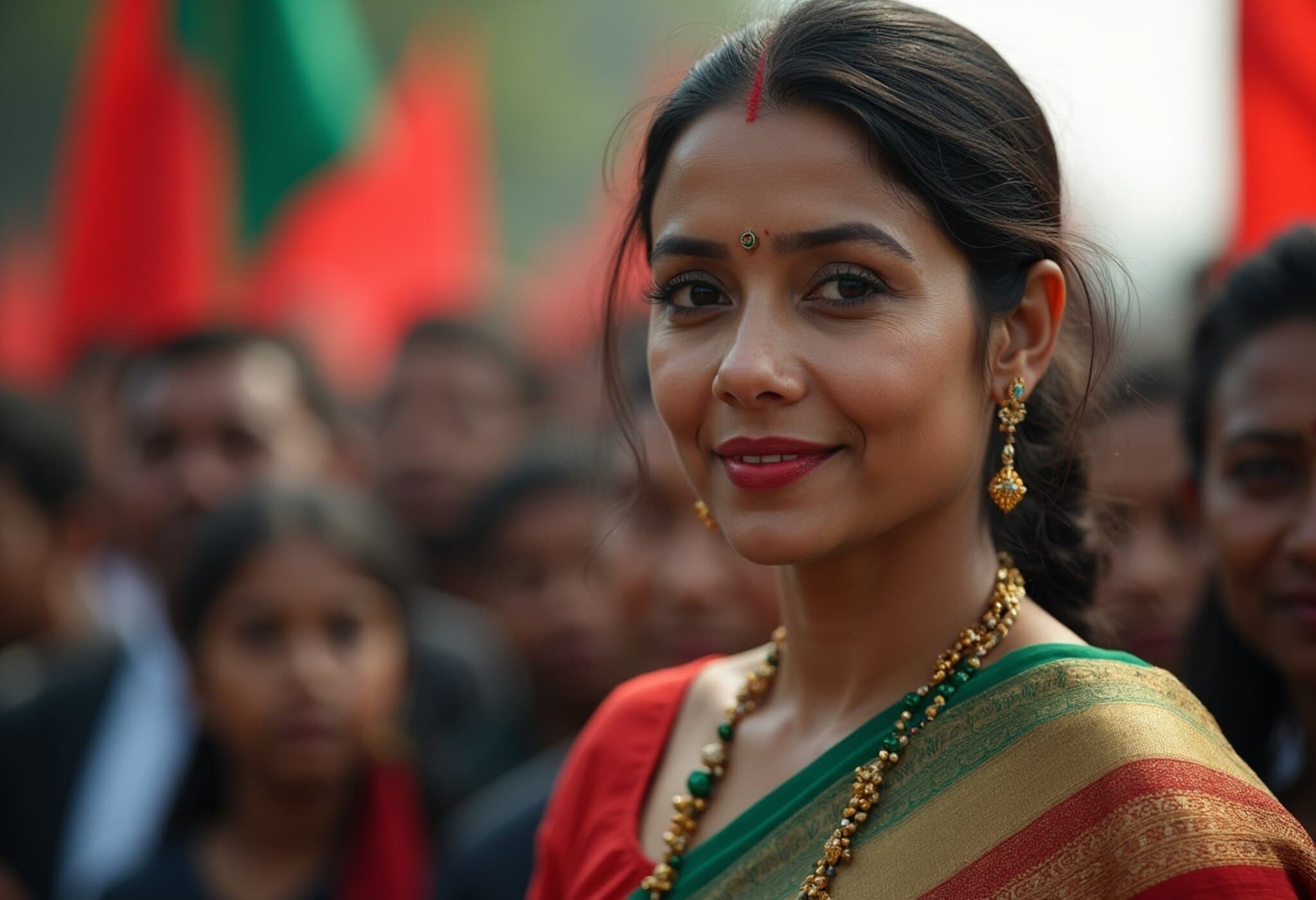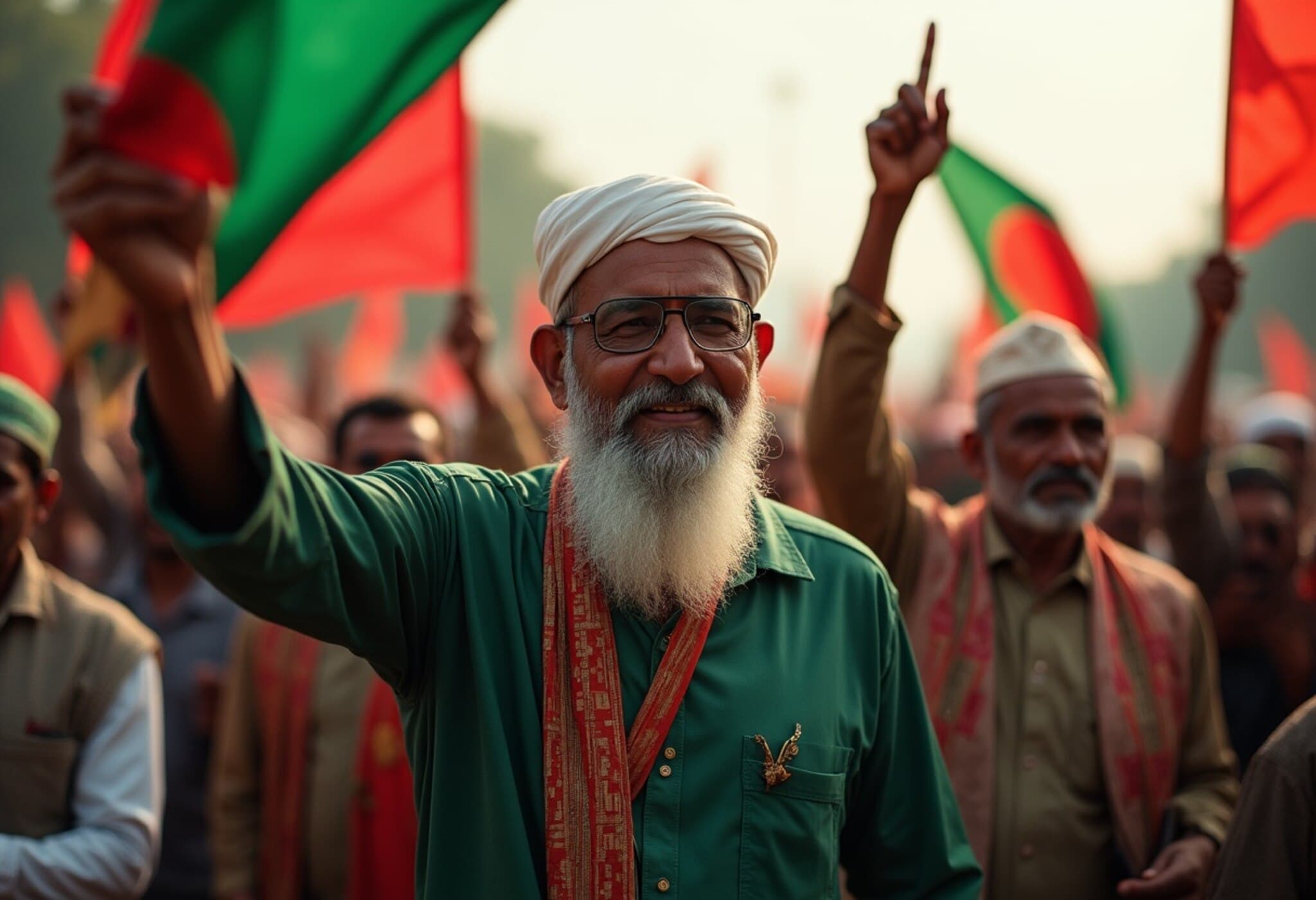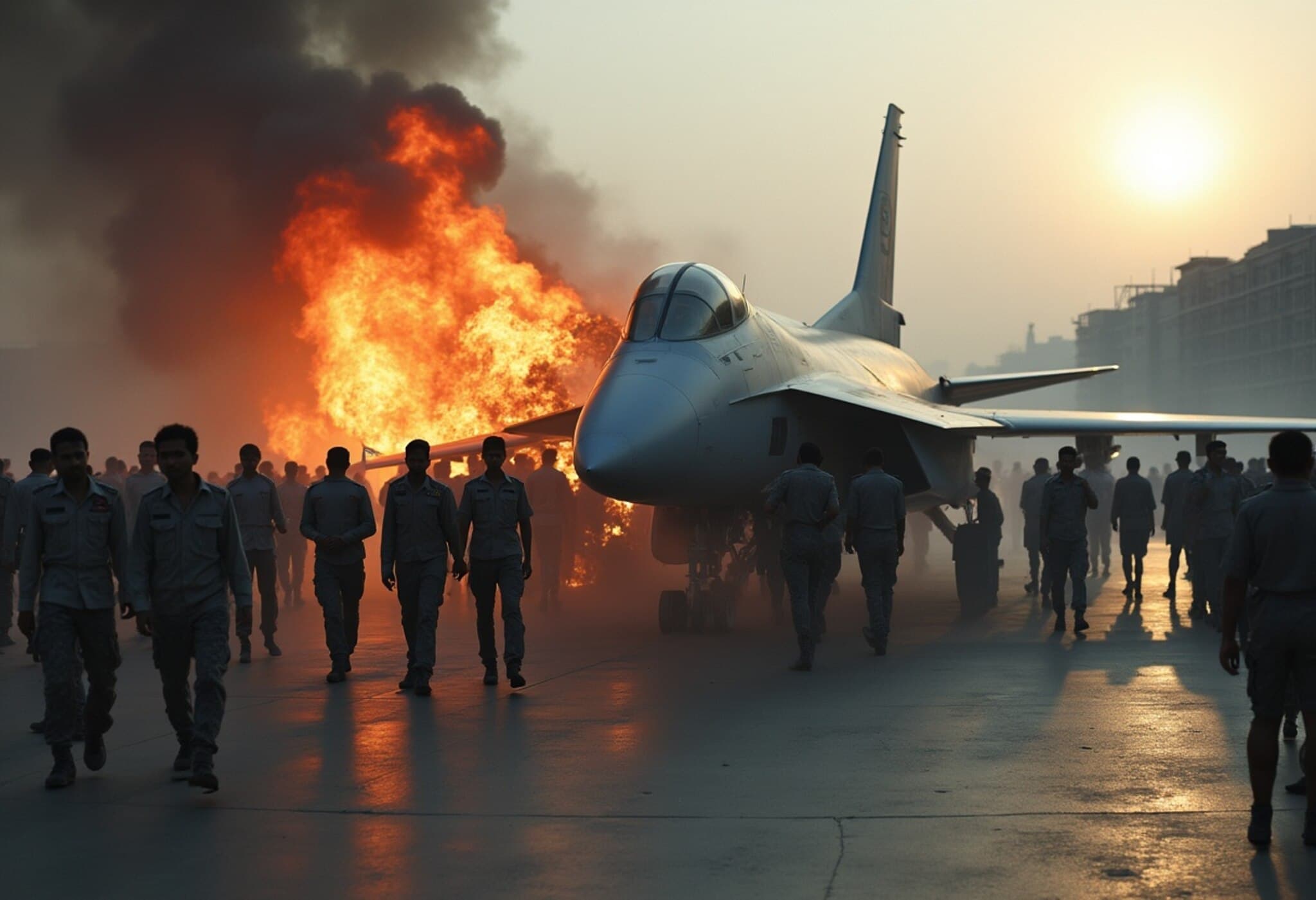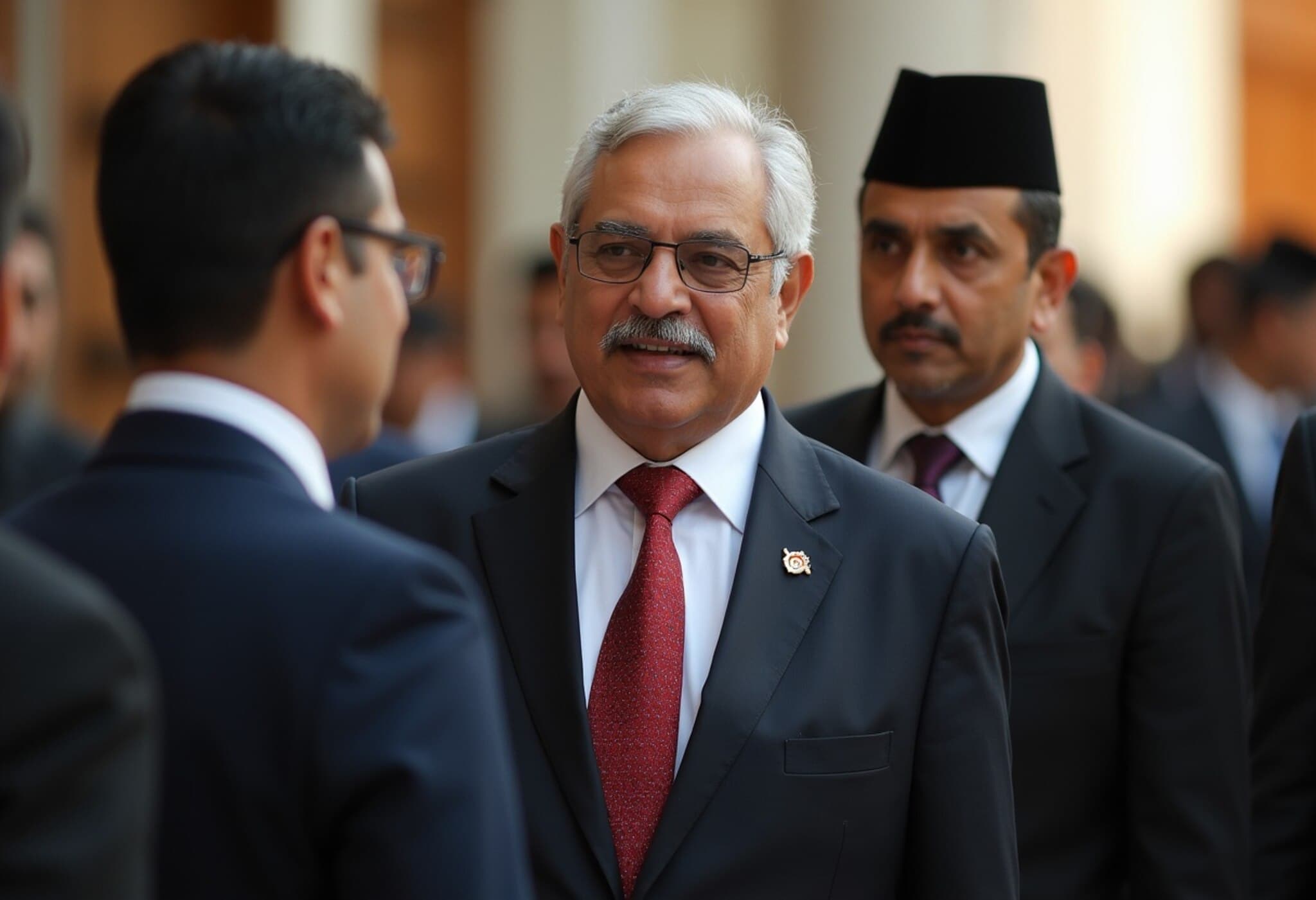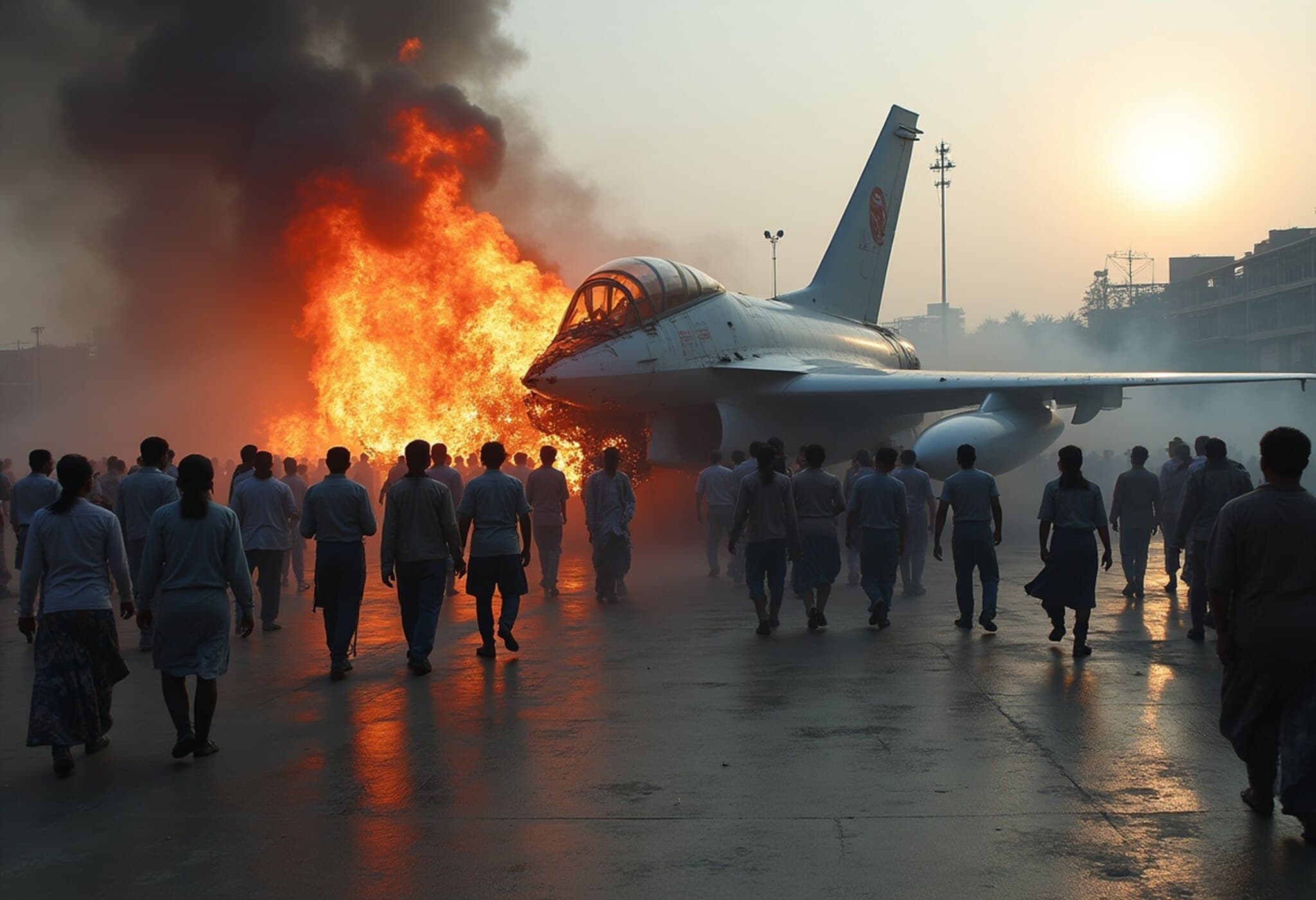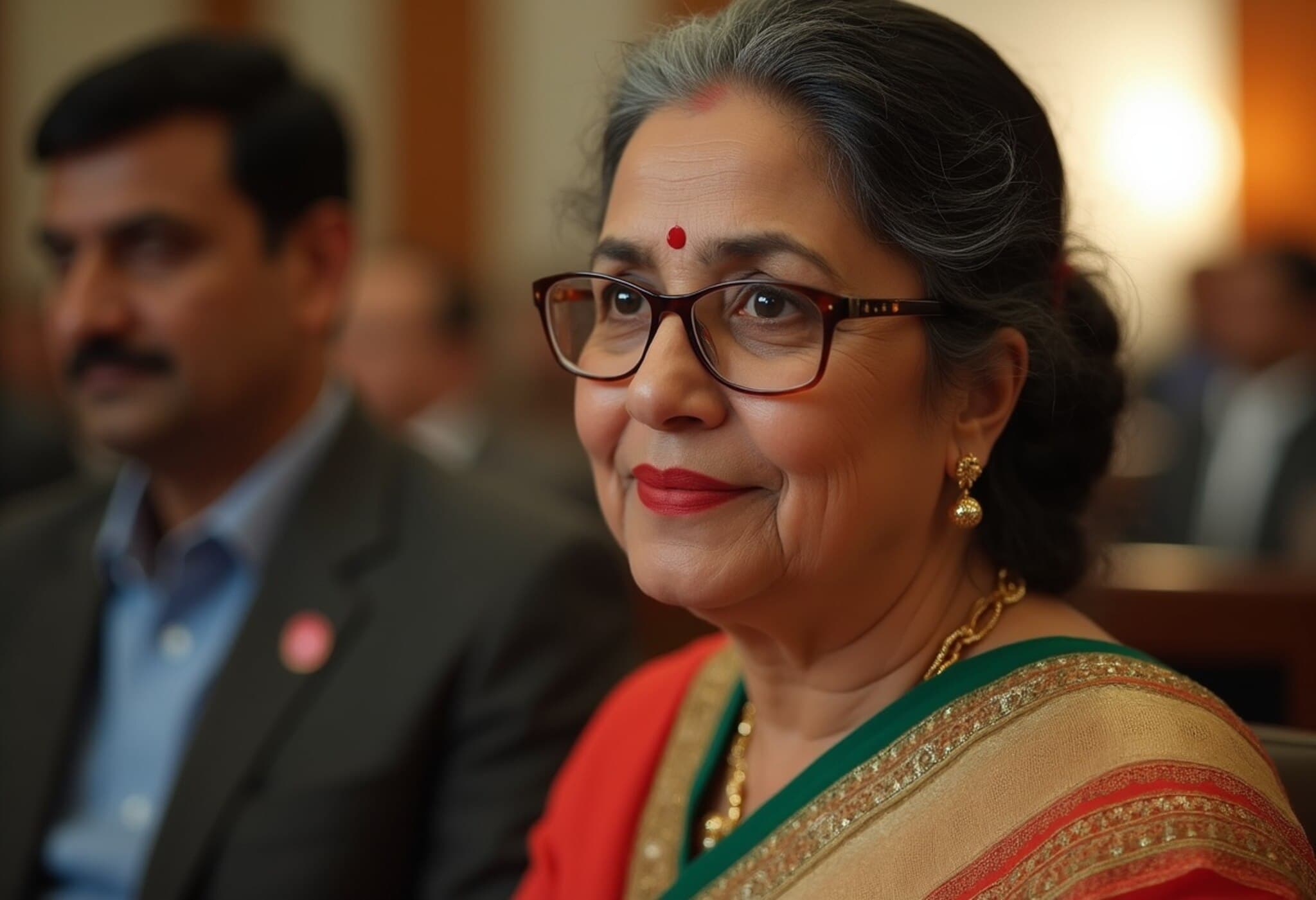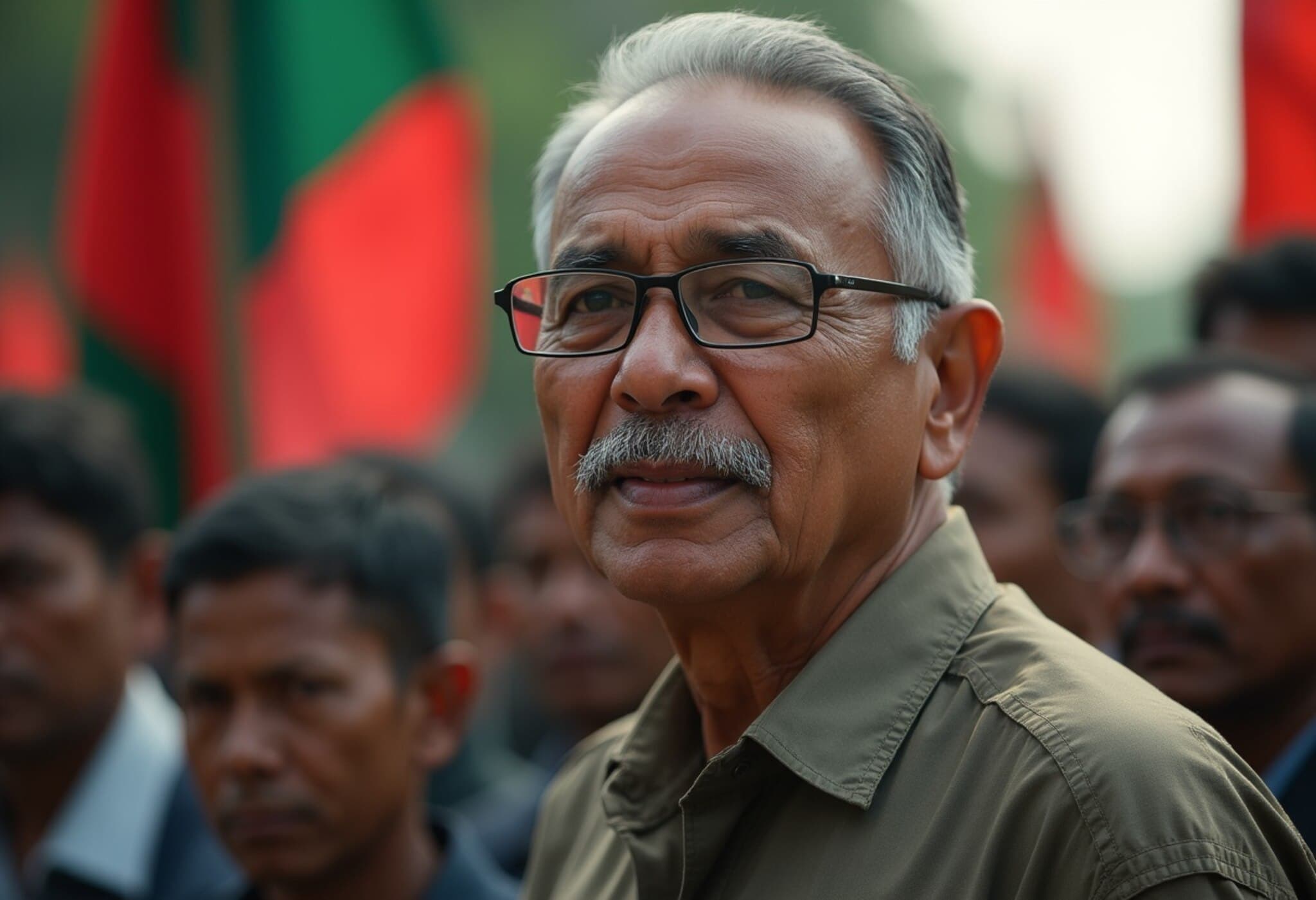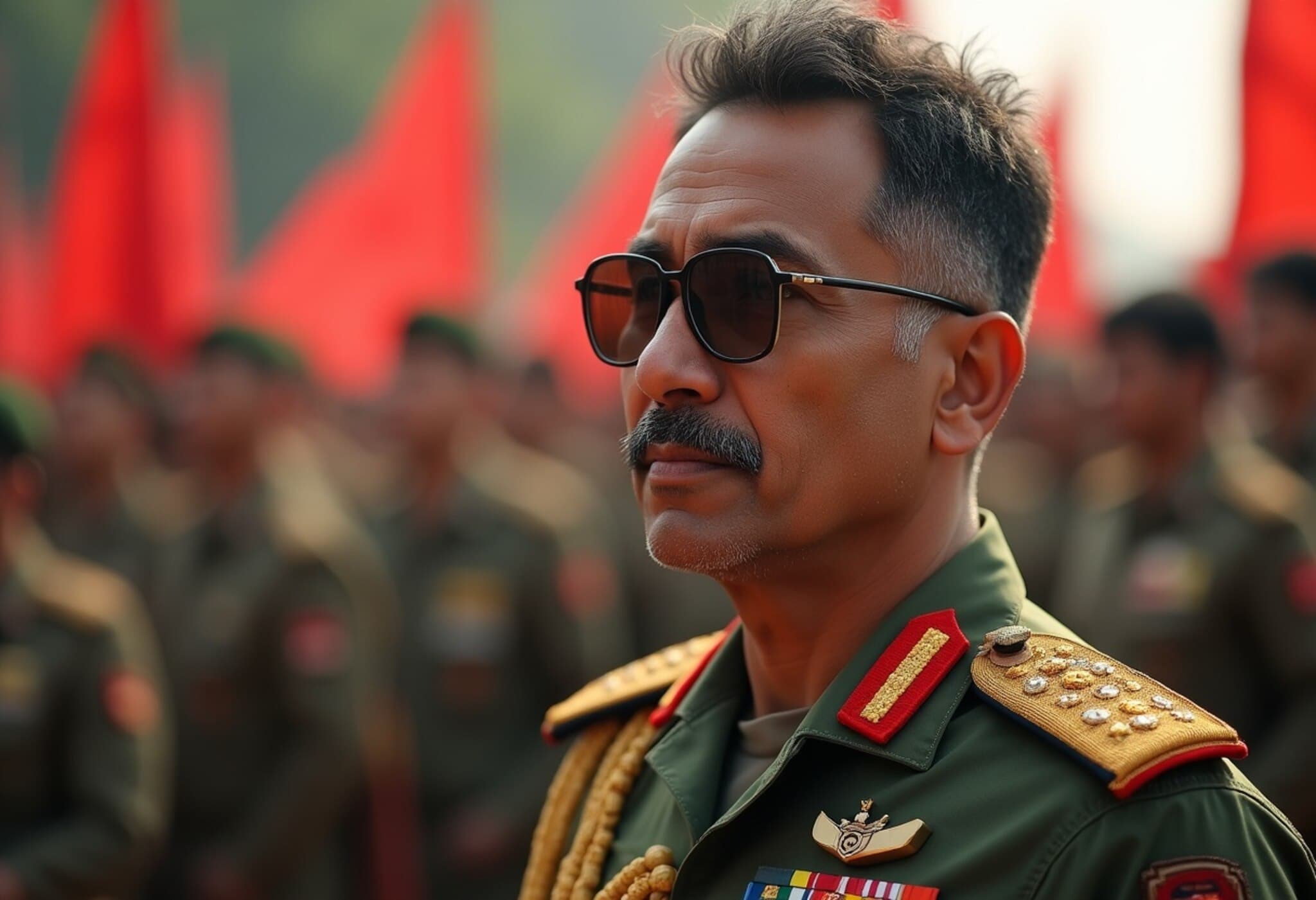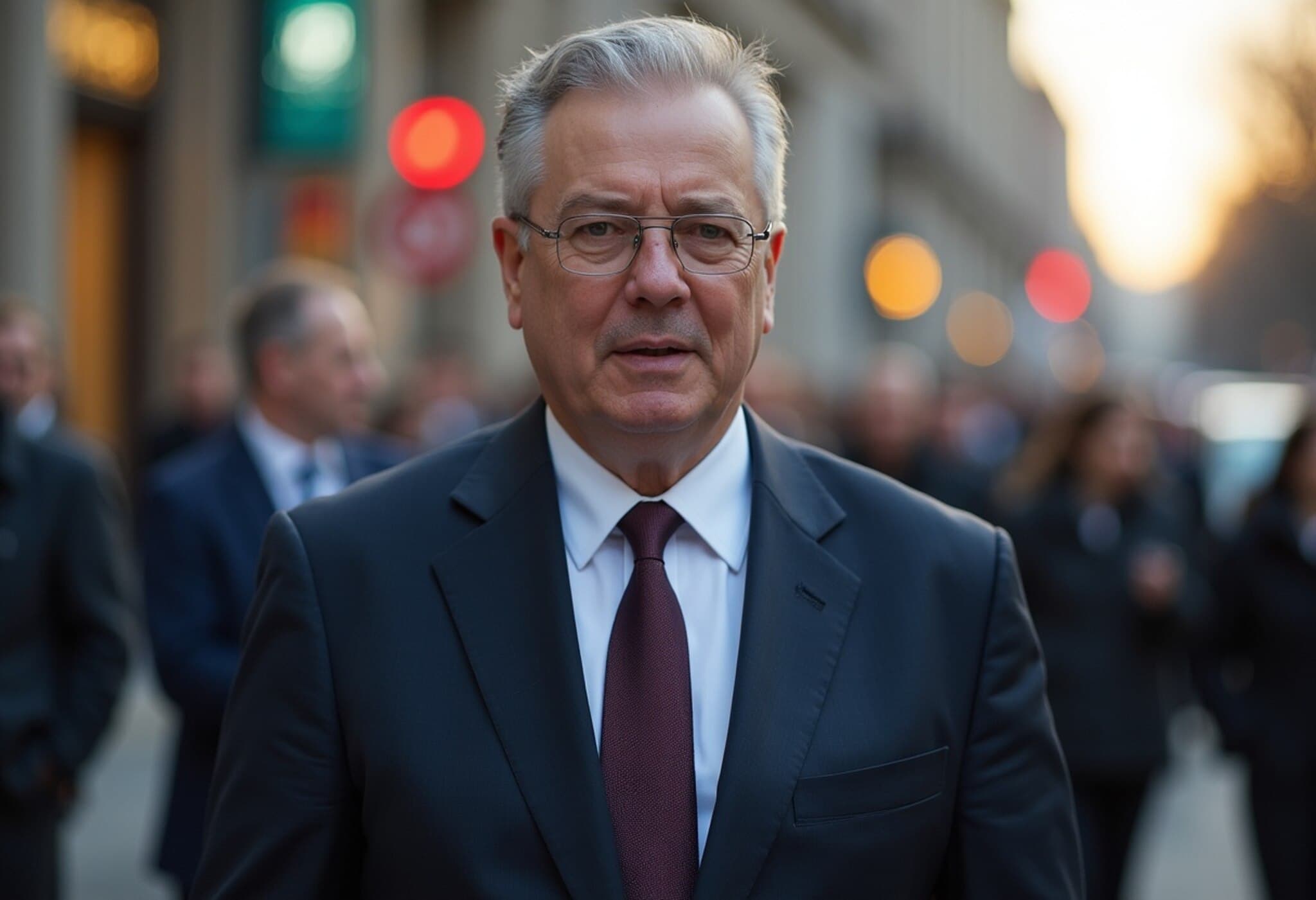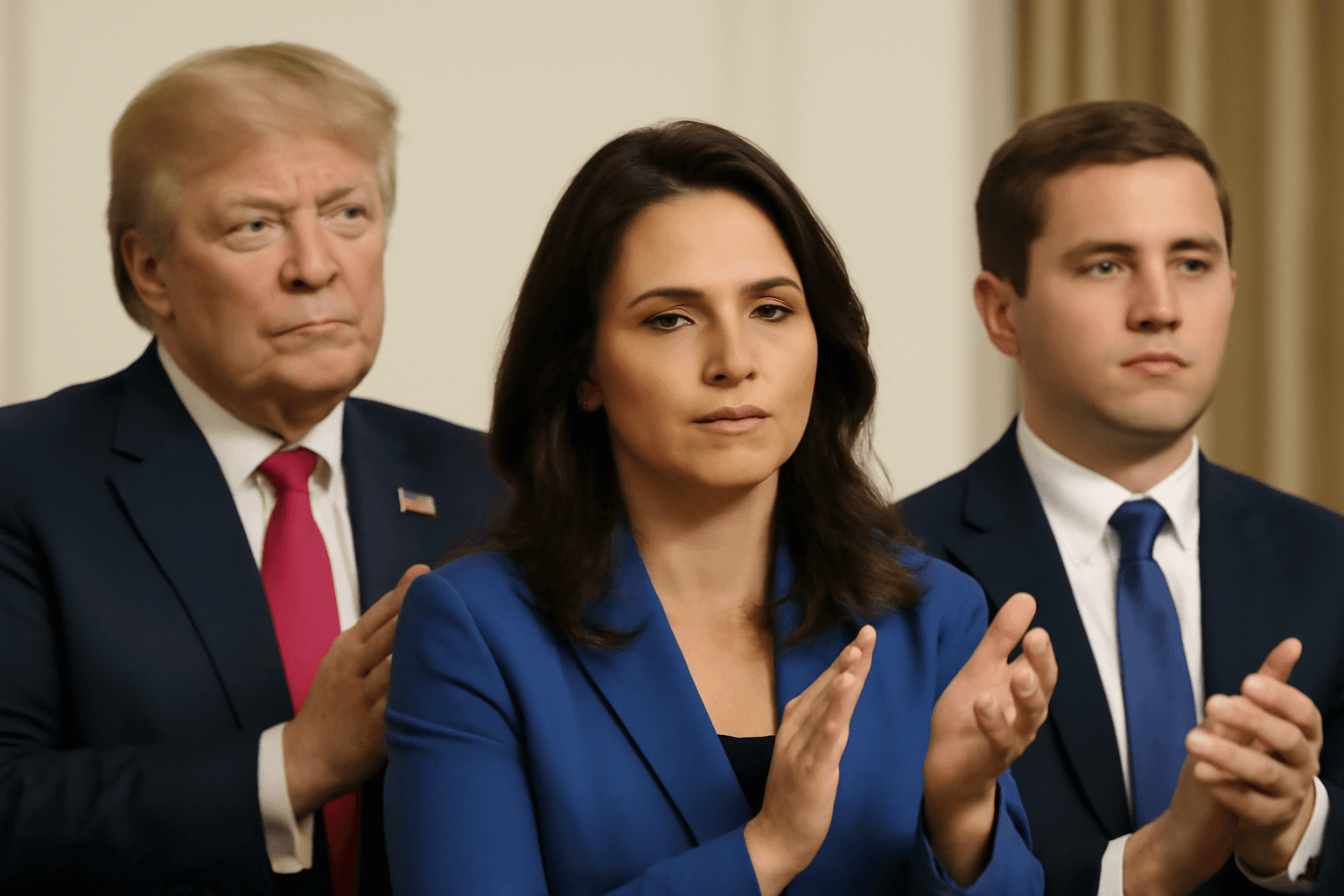Massive Rally Signals Jamaat-e-Islami’s Rising Influence in Bangladesh
In a compelling display of political strength, Bangladesh’s largest Islamist party, Jamaat-e-Islami, convened hundreds of thousands of supporters in Dhaka this past weekend. The rally took place amid growing political uncertainty after the ousting of former Prime Minister Sheikh Hasina, marking a potential shift in the country’s complex power dynamics ahead of the expected 2026 general elections.
Election Timing and Political Stakes
Interim Prime Minister Muhammad Yunus, Nobel Peace Prize laureate and current head of the caretaker government, has announced plans to hold national elections in April 2026. However, he has not ruled out the possibility of elections as early as February, responding to persistent demands by opposition parties, including the Bangladesh Nationalist Party (BNP). This announcement comes as Bangladesh’s political environment remains intensely charged following mass protests and constitutional upheavals.
Historical Context: Jamaat-e-Islami’s Controversial Legacy
Jamaat-e-Islami’s roots trace back to their contentious role in Bangladesh’s 1971 war of independence when they supported Pakistan against the liberation movement. Many of their leaders faced prosecution or execution on charges of crimes against humanity related to that conflict. Despite this fraught history, the party is strategically positioning itself as a formidable force ready to reclaim influence in the evolving political landscape.
Key Demands and Rally Highlights
The party issued a seven-point demand to the Yunus administration, emphasizing the need for:
- Free, fair, and peaceful elections
- Justice for past mass killings
- Essential electoral reforms
- Implementation of a charter based on last year’s mass uprising
- Introduction of a proportional representation system
On the day of the rally, thousands camped overnight at Dhaka University, a symbolic intellectual hub, channeling their momentum toward Suhrawardy Udyan — the historic ground where Pakistan’s army surrendered in 1971. The rally was marked by fervent speeches, passionate youth participation, and a shared vision emphasizing Islamic values as a foundation for governance.
Voices from the Rally: Aspirations and Ideologies
Iqbal Hossain, 40, an ardent supporter, expressed the collective sentiment: "We are here for a new Bangladesh, where Islam will guide governance and corruption will have no place. Our dedication is unwavering—even if it means sacrificing our lives." Younger voices, such as 20-year-old student Mohidul Morsalin Sayem, echoed these hopes, asserting that unification among Islamist parties could establish Jamaat-e-Islami as an unstoppable political force.
Leadership Challenges Amid Political Turbulence
Party chief Shafiqur Rahman, although visibly strained and fainting twice during his address, rallied supporters around a dual mission: eradicating "fascism" and combating systemic corruption through collective youth activism. His resilience underlines the intense pressures facing leaders in Bangladesh’s turbulent political arena.
Political Backlash and the Future of Bangladesh’s Democracy
Permitting Jamaat-e-Islami to hold a rally at the historically sensitive Suhrawardy Udyan sparked sharp criticism from Hasina’s Awami League, which condemned the move as a betrayal of national memory and those who sacrificed for Bangladesh’s independence. This tension reflects the broader fragmentation of Bangladesh’s political landscape, with liberal forces seemingly waning amid the growing assertiveness of Islamist and nationalist factions.
The interim government’s crackdown on protests in Hasina’s former stronghold, where four protesters died under controversial circumstances, further escalated tensions. Allegations of expedited burials without autopsies have stirred demands for transparency and justice, complicating the government’s efforts to stabilize the country.
Emerging Alliances and Regional Implications
Jamaat-e-Islami is moving to expand its influence by courting newer political movements, including the student-led National Citizen Party, which shares its anti-India rhetoric. The ongoing exile and prosecution of Sheikh Hasina, combined with accusations of mass killings during last year’s uprising, have created a volatile environment that could redefine Bangladesh’s relations with India and internal governance structures.
Expert Analysis: What This Means for Bangladesh and Beyond
Analysts suggest that the resurgence of Jamaat-e-Islami signals a significant recalibration in Bangladesh’s political order. The interim administration’s openness to Islamist parties suggests a pivot away from previously dominant liberal political coalitions, raising questions about democratic institutions' resilience in the face of growing ideological polarization.
From a policy perspective, the international community—especially U.S. and regional actors—must closely monitor Bangladesh’s electoral process to ensure it aligns with democratic principles and human rights standards. The potential introduction of proportional representation could diversify parliamentary voices, but may also empower fringe groups, affecting governance stability.
Underreported Perspectives
- The youths’ enthusiasm at Jamaat-e-Islami rallies reflects deeper societal shifts—young Bangladeshis’ political engagement is evolving amid economic pressures and identity debates.
- How the inclusion of Islamist parties in mainstream politics might affect minority rights, secular governance, and women’s participation remains a critical concern.
- The role of international observers and NGOs in safeguarding election integrity amid such polarized contexts demands renewed focus.
Editor's Note
Bangladesh stands at a pivotal crossroads. Jamaat-e-Islami’s energized march on the political stage challenges longstanding narratives and raises crucial questions about the country’s future trajectory. Will Bangladesh’s democracy accommodate this rising Islamist influence while protecting pluralistic values? How will emerging alliances reshape regional geopolitics, particularly regarding India? As citizens and global stakeholders watch closely, the coming months will prove decisive in charting Bangladesh’s path forward.

